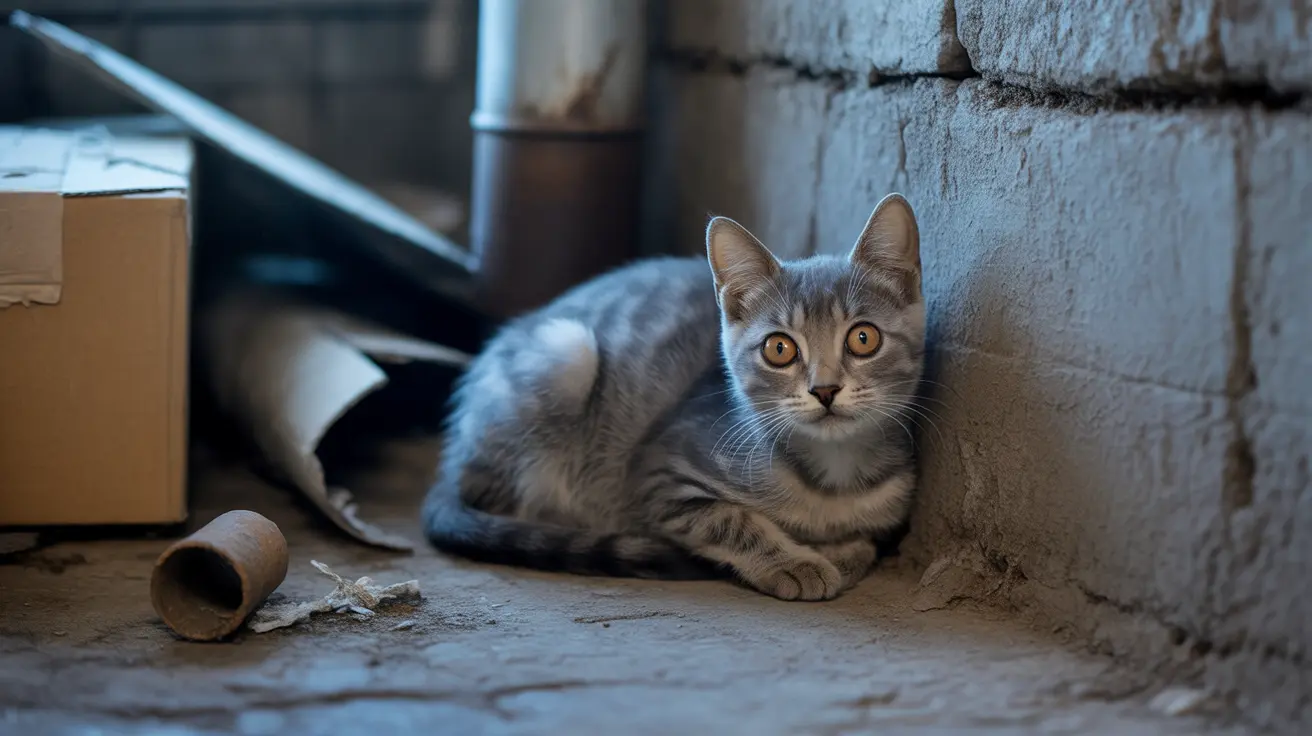Understanding How Long Pet Grief Can Last
Losing a beloved pet is a heartbreaking experience that many pet owners struggle to cope with. Grief is a deeply personal process, and when it comes to the loss of a pet, the emotions can be just as intense as losing a human loved one. One of the most common questions people ask after the death of a pet is: "How long does pet grief last?"
There is no one-size-fits-all answer. Just like human grief, pet grief varies based on the individual's personality, the relationship they had with their pet, and their personal coping mechanisms.
Typical Duration of Pet Grief
Grieving the loss of a pet can last for
weeks, months, or even years. While there is no fixed timeline for mourning, here is a general outline:
- Acute Grief: Typically lasts from a few days to a few weeks. This is the initial stage of intense sadness, disbelief, and anxiety.
- Subacute Grief: May extend for several weeks to months, during which the bereaved may start to accept the loss and adjust to life without their pet.
- Integrated Grief: Occurs months to years later, when the individual has integrated the loss into their life and memories become less painful.
Factors That Influence Pet Grief Duration
Several elements can impact how long someone grieves for their pet:
- Type of Relationship: A deep, emotional bond with a pet can extend the grieving period.
- Personal Coping Style: Some people process grief through activity and connection, while others may internalize their feelings.
- Previous Losses: Grief can be compounded if the person has experienced multiple recent losses or unresolved grief.
- Support System: Having friends, family, or support groups to talk to can help ease the pain.
Symptoms of Pet Grief
Recognizing grief can help people manage it better. Common symptoms include:
- Sadness and crying
- Loss of appetite
- Fatigue or sleep issues
- Social withdrawal
- Guilt or anger
These emotions may ebb and flow over time, and people may feel triggered by everyday reminders of their pet.
Tips to Cope With Pet Loss
While grief must take its natural course, there are proactive ways to manage it:
- Allow yourself to grieve: Never minimize your feelings.
- Create a memorial: Celebrate your pet’s life through a scrapbook, photo album, or small ceremony.
- Take care of yourself: Maintain a healthy routine with good foods, sleep, and physical activity.
- Talk about your pet: Share fond stories with friends or family who understand.
- Seek support: Grief counseling or pet loss support groups can provide a safe space to heal.
When to Seek Professional Help
In some cases, grief becomes overwhelming and interferes with daily life. This may be a sign of
complicated grief. If you experience prolonged depression, anxiety, or feelings of hopelessness, it may be helpful to consult a therapist who specializes in bereavement.
Helping Children Cope With Pet Loss
Children often form strong emotional bonds with pets. Helping them understand death and express their feelings is crucial. Here’s how to support them:
- Be honest: Use direct language and avoid euphemisms that may confuse them.
- Acknowledge their feelings: Let them cry and express sorrow without judgment.
- Encourage rituals: Let them draw, write letters, or create art in memory of their pet.
Hope After Loss
While grief may never completely disappear, most pet owners find solace in time. Some may eventually decide to adopt another pet—not as a replacement, but as a continuation of the bond they once had. Pet grief, like all forms of mourning, is a testament to the love we carry, and that love is never truly lost.
In conclusion, pet grief can last anywhere from several weeks to many months. By acknowledging your emotions, seeking support, and honoring your pet's memory, you can navigate this difficult time with compassion and resilience.





